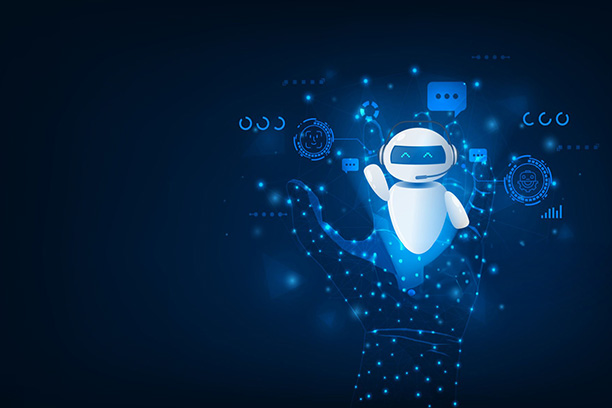The Role of ChatGPT & AI Assistants in Coding: Revolutionizing Development

The world of software development is evolving rapidly, and AI-powered tools like ChatGPT, GitHub Copilot, and other AI coding assistants are transforming how developers write, debug, and optimize code. These tools are not just productivity boosters—they’re reshaping the way programmers think, learn, and build software.
In this blog, we’ll explore:
✔ How AI coding assistants work
✔ Key benefits for developers
✔ Potential challenges and limitations
✔ The future of AI in software development
How AI Coding Assistants Work
AI coding assistants leverage large language models (LLMs) trained on vast amounts of publicly available code, documentation, and programming knowledge. When a developer types a prompt (e.g., “Write a Python function to sort a list in descending order”), the AI generates relevant code snippets, suggests improvements, or even explains complex concepts.
Popular AI coding tools include:
- ChatGPT (OpenAI) – General-purpose AI that assists with code generation, debugging, and explanations.
- GitHub Copilot (Microsoft & OpenAI) – An IDE-integrated tool that autocompletes code in real time.
- Amazon CodeWhisperer – AI-powered code suggestions with security scanning.
- Tabnine – AI assistant supporting multiple programming languages.
These tools analyze context, predict the developer’s intent, and provide instant suggestions—reducing boilerplate work and speeding up development.
Key Benefits of AI in Coding
- Faster Development & Reduced Boilerplate
AI assistants automate repetitive tasks, such as writing standard functions, generating SQL queries, or setting up API endpoints. This allows developers to focus on logic and architecture rather than syntax.
- Enhanced Learning & Onboarding
New programmers can use AI to:
- Get instant explanations for complex code
- Receive best-practice recommendations
- Debug errors with AI-generated fixes
This makes learning to code more accessible and reduces dependency on Stack Overflow.
- Improved Code Quality & Fewer Bugs
AI tools can:
- Suggest optimized algorithms
- Detect potential security flaws
- Refactor messy code
For example, GitHub Copilot can recommend more efficient loops or memory-saving techniques based on best practices.
- 24/7 Pair Programming Partner
Unlike human collaborators, AI assistants are available anytime, offering instant feedback—making them ideal for solo developers and remote teams.
Challenges & Limitations
While AI coding assistants are powerful, they come with risks and limitations:
❌ Over-Reliance & Skill Erosion
- Developers may become too dependent on AI, weakening their problem-solving skills.
- Junior programmers might copy AI-generated code without understanding it.
❌ Inaccurate or Outdated Suggestions
- AI models are trained on existing code, which may include outdated or insecure practices.
- Hallucinations (incorrect code suggestions) can introduce bugs if not reviewed carefully.
❌ Legal & Ethical Concerns
- Some AI-generated code may resemble proprietary or copyrighted snippets, raising licensing issues.
- Companies must ensure AI tools comply with internal security policies.
The Future of AI in Coding
AI coding assistants are just getting started. Future advancements may include:
🔹 Fully autonomous code generation for entire applications
🔹 Self-debugging AI that fixes its own mistakes
🔹 Personalized AI mentors that adapt to a developer’s style
🔹 AI-powered code reviews with deep security analysis
As AI improves, developers will shift from writing code manually to curating and refining AI-generated solutions.
Let's Try! Get Free Quote
Get Started Today
Want to transform your web vision into reality? Contact us today to explore your development needs. Let's create something extraordinary together.